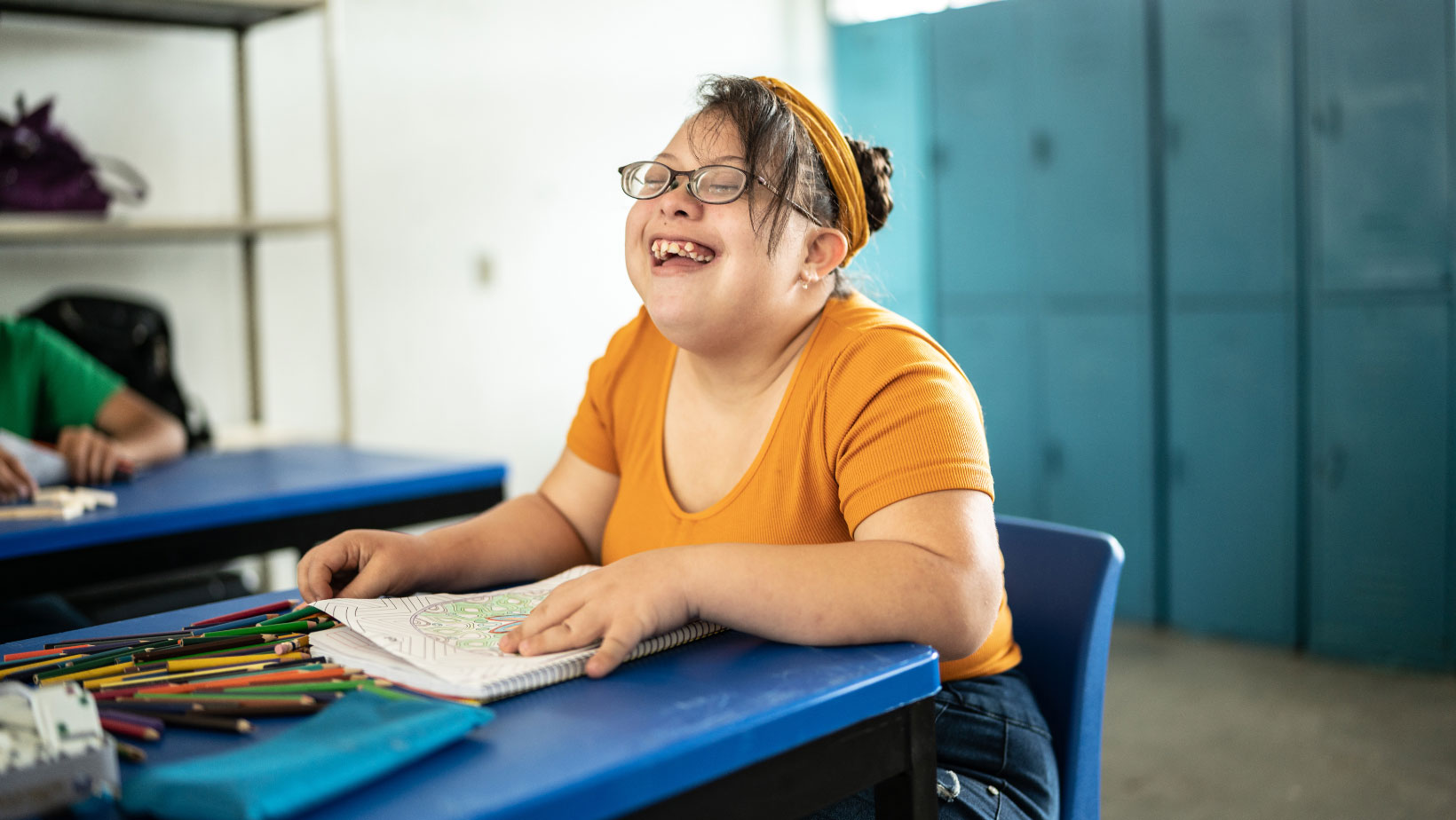
As your child approaches adulthood, here's what you can expect and how to support them during this transition.

When a child with a rare or undiagnosed condition begins the journey from adolescence to adulthood, the child and their parents or caregivers face new challenges and opportunities. It’s a pivotal transition marked by a shift in care, burgeoning independence, and the onset of adult responsibilities. With knowledge and foresight, families can chart this complex terrain with unwavering confidence and robust support.
As your child approaches adulthood, here's what you can expect and how to support them during this transition.
Physical Changes
Mental and Emotional Changes
Social Changes
How to Support Your Child's Transition
Children with rare and undiagnosed conditions often experience specialized care tailored to their unique needs. Critical components to consider during this transition as they mature include healthcare management and social development.
The change from pediatric to adult healthcare can be daunting. Parents and caregivers should anticipate and plan for these transitions, focusing on:
For your child, learning to manage their health, including medication, appointments, and emergency care, is vital to this journey. Resources like KidsHealth provide guides and information on fostering independence in healthcare management.
Additional resources include the Center for Parent Information and Resources and Got Transition, which provide comprehensive resources to make the transition smooth.
The transition to adulthood can be daunting, but with open communication, careful planning, and ongoing support, children with rare conditions can thrive as adults. Reach out to their medical team, therapists, school counselors, and support groups to help make this significant life transition smooth and successful.
And remember, you don't have to go on this journey alone. It’s easy to feel adrift and alone, but connecting with others on a similar journey can offer words of encouragement and help you facilitate a smooth transition for your child.
The dedicated team at TGen’s Center for Rare Childhood Disorders and others continue their groundbreaking research to find answers and develop treatments. Through the generosity of donors, the Center provides genomic testing for families at no charge and continues its work to provide solutions and cures to families and their children.